Research Groups
Water and Material Cycles Division
Water and material cycles are essential components of earth climate system. In this division we conduct the physical and chemical studies from a view point of meteorology and atmospheric sciences including atmospheric chemistry, glaciology, hydrology, physical oceanography, marine chemistry and geochemistry with a focus on seawater, sea ice, snow/ice, clouds, gases, aerosols and sediments.
Ocean and Sea Ice Dynamics Group
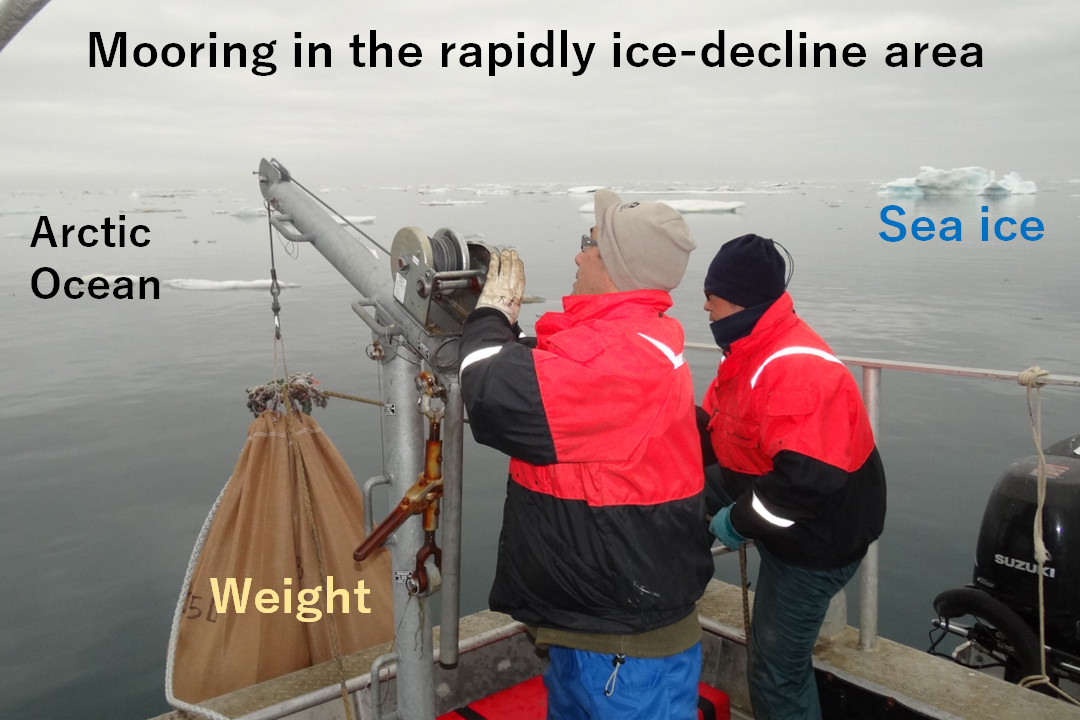
Our group investigates ocean circulation, water-mass formation, sea-ice variability, ice shelf-ocean interaction, and the influence of sea ice on ocean, atmosphere, and climate, with a focus on polar and ice-covered oceans, based on in-situ observation, satellite remote sensing, and modeling.
KeywordsSea-ice production/melt, Antarctic Bottom Water, ice shelf-ocean interaction
Graduate schoolCourse in Atmosphere-Ocean and Climate Dynamics (Division of Earth System Science, Graduate School of Environmental Science)

Kay I. OHSHIMA, Specially Appointed Prof.
Oceanography
Atmosphere-Ocean Interaction Group

Our group approaches air-sea interactions in sea ice areas of the Sea of Okhotsk and the Antarctic Ocean from in-situ observations and remotely-sensed data analyses.
Keywordsair-sea interactions, sea ice, the Sea of Okhotsk, the Antarctic Ocean
Graduate schoolCourse in Atmosphere-Ocean and Climate Dynamics, Course in Cryosphere Science (Division of Earth System Science, Graduate School of Environmental Science)

Naoto EBUCHI, Specially Appointed Prof.
Physical oceanography / Microwave remote sensing of sea surface

Shigeru AOKI, Prof.
Physical oceanography / Climate change in Antarctica

Takenobu TOYOTA, Assistant Prof.
Ice-Air-Sea Interactions / Physics of sea ice
Atmospheric and Climate Science Group

Our group targets atmospheric environment mainly in cold regions to investigate multi-scale phenomena of biogeochemical processes between atmosphere and biosphere, and global climate change by using geochemical and geological methods.
KeywordsClimate system, Atmospheric chemistry, Sediment, Atmospheric aerosol, Ice core
Graduate schoolCourse in Biogeochemistry (Division of Earth System Science, Graduate School of Environmental Science)

Osamu SEKI, Associate Prof.
Paleoclimatology / Organic Geochemistry

Yuzo MIYAZAKI, Assistant Prof.
Atmospheric Chemistry
Land-atmosphere interaction Group

We are studying fundamental processes related to the land surface fluxes, mesoscale atmospheric phenomena, and frozen soil to elucidate the interactions of the atmosphere, biosphere, and cryosphere in cold regions.
KeywordsMicrometeorology, Mesoscale meteorology, Permafrost
Graduate schoolCourse in Cryosphere Science, Course in Atmosphere-Ocean and Climate Dynamics (Division of Earth System Science, Graduate School of Environmental Science)

Tsutomu WATANABE, Prof.
Boundary-Layer Meteorology

Masayuki KAWASHIMA, Assistant Prof.
Meteorology

Kou SHIMOYAMA, Assistant Prof.
Boundary-Layer Meteorology
Isotope Physiology, Ecology, and Geochemistry Group

Major objectives of our laboratory are related to visualizing biogeochemical energy cycles in biosphere via changes in the stable isotope ratios of organic compounds.
KeywordsCompound-specific isotope analysis, Position-specific isotope analysis, Energy cycle, Ecosystem
Graduate schoolCourse in Biogeochemistry (Division of Earth System Science, Graduate School of Environmental Science)

Yoshito CHIKARAISHI, Prof.
Organic Geochemistry

Yuko TAKIZAWA, Associate Prof.
Isotope Physiology

Hyuntae Choi, Assistant Prof.
Marine Biogeochemistry
Frontier Ice and Snow Science Division
The Frontier Ice and Snow Science Division pursues comprehensive understanding of the planetary and terrestrial phenomena on the basis of ice and snow sciences. This division also opens the way for the frontier science related to ice and snow.
Glacier and Ice Sheet Research / Ice Core Research Group

We study glacier/ice-sheet and global environmental changes related to the Greenland and Antarctic ice sheets and the mountain glaciers in Patagonia, South America, by means of numerical modelling, field observations, ice-core analysis and satellite remote sensing.
Keywordsglacier, ice sheet, Greenland, Antarctica, Patagonia, numerical modeling, field observation, ice core, satellite remote sensing
Graduate schoolCourse in Cryosphere Science (Division of Earth System Science, Graduate School of Environmental Science)

Ralf GREVE, Prof.
Dynamics of Ice Sheets and Glaciers

Shin SUGIYAMA, Prof.
Glaciology
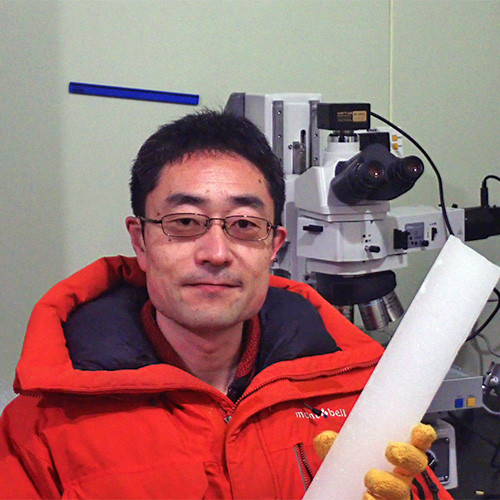
Yoshinori IIZUKA, Prof.
Glaciology
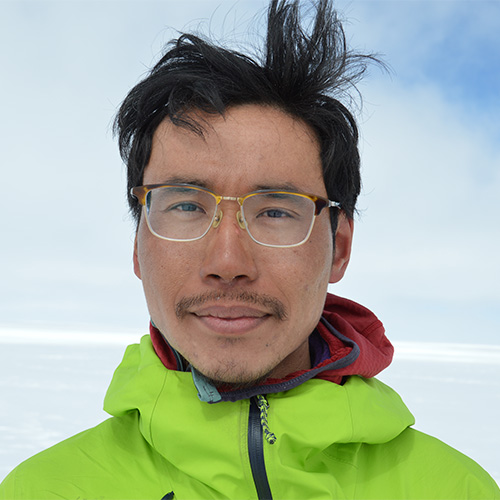
Masahiro MINOWA, Assistant Prof.
Glaciology
Phase Transition Dynamics Group

We are studying structures of surfaces/interfaces of ice crystals and their various phase transition phenomena, such as crystal growth and surface melting. To perform such studies, we are also developing various advanced optical microscopes and interferometers.
KeywordsSnow, Ice, Crystal growth, Surface melting, Interaction with atmosphere, Advanced optical microscope
Graduate schoolDepartment of Cosmosciences (Graduate School of Science)

Gen SAZAKI, Prof.
Crystal growth / Development of optical microscopes

Ken NAGASHIMA, Assistant Prof.
Crystal growth / Surface science
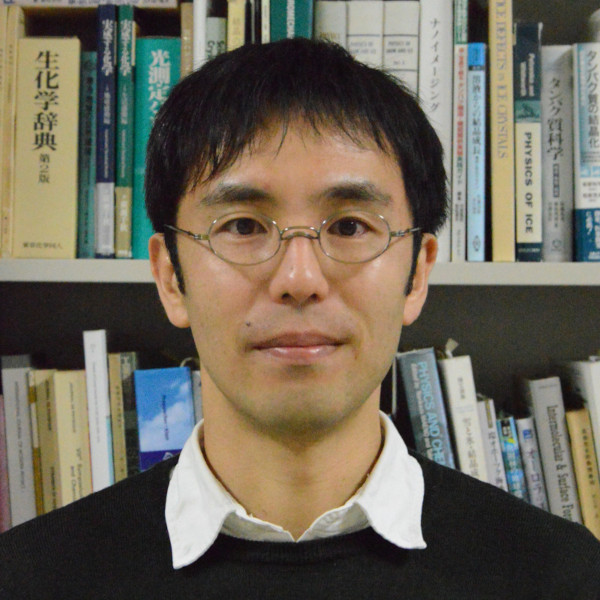
Ken-ichiro MURATA, Assistant Prof.
Softmatter physics / Physics of liquid
Astrophysical Chemistry / Low Temperature Nanomaterial Science Group
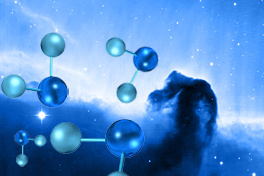
We study microscopic physical and chemical processes and evolutionary processes of materials at the atomic and nanoscale that occur in the terrestrial and extraterrestrial low-temperature environments using various experimental techniques.
Keywordsinterstellar dust, interstellar organic molecules, ice, nanoparticles, low-temperature surface reactions, nucleation
Graduate schoolDepartment of Cosmosciences (Graduate School of Science)

Naoki WATANABE, Prof.
Astrophysics
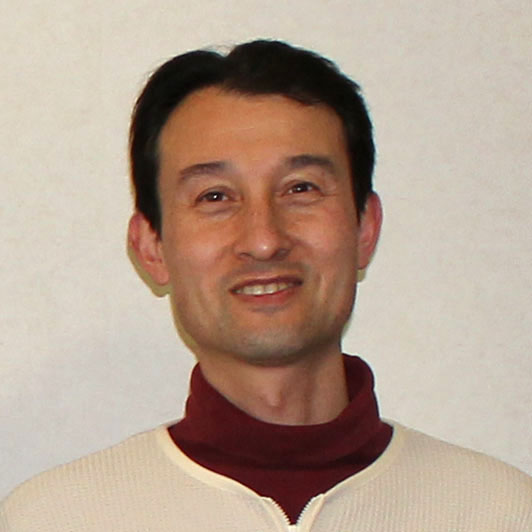
Yuki KIMURA, Prof.
Nanomaterial Science

Yasuhiro OBA, Associate Prof.
Cosmogeochemistry

Tomoya YAMAZAKI, Associate Prof.
Crystal growth / Nanoscience / Electron microscopy
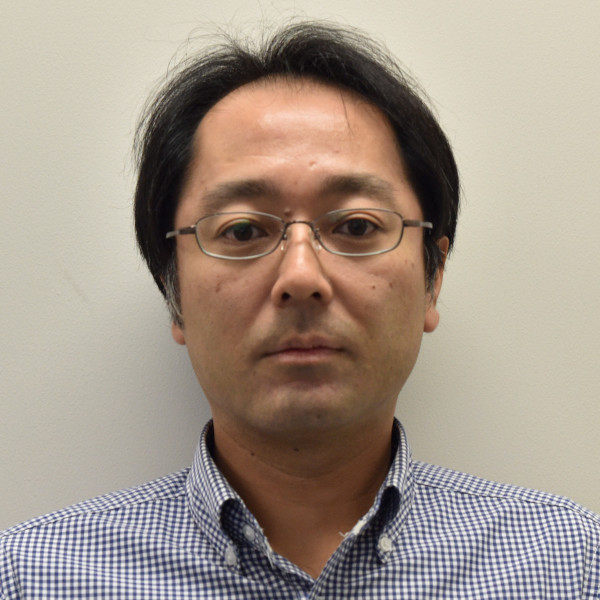
Hiroshi HIDAKA, Assistant Prof.
Astrochemistry
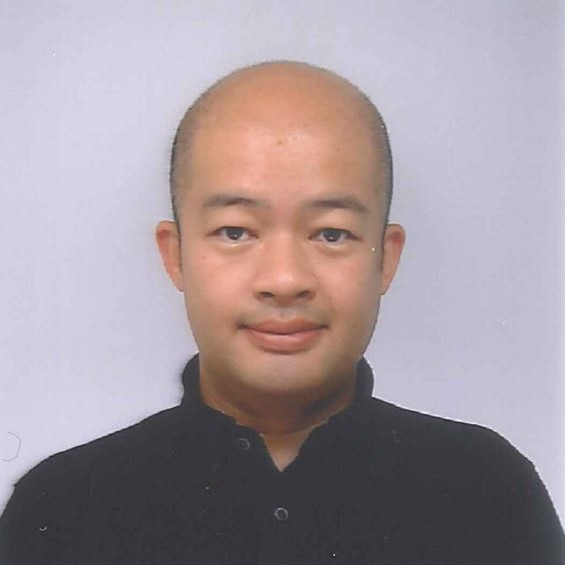
Masashi TSUGE, Assistant Prof.
Low-temperature physical chemistry
Environmental Biology Division
The Environmental Biology Division pursues comprehensive understanding of the bidirectional interaction between the organisms and their surrounding environments in cold regions. This division also engages in the analysis of biodiversities and the adaptation mechanisms of the organisms in these regions.
Plant Adaptation Biology Group

In our laboratory, we investigate the adaptation mechanisms of photosynthetic organisms including plants and algae to various environments such as low temperature, drought or changing light intensities using various techniques of biochemistry, molecular biology and bioinformatics. Our main research projects encompass the topics related to photosynthesis, chlorophyll and nitrogen metabolism, and the evolution of photosynthesis.
Keywordsphotosynthesis, cyanobacteria, algae, chlorophyll, carotenoids, trees, evolution
Graduate schoolCourse in Molecular Biology (Division of Biosphere Science, Graduate School of Environmental Science)
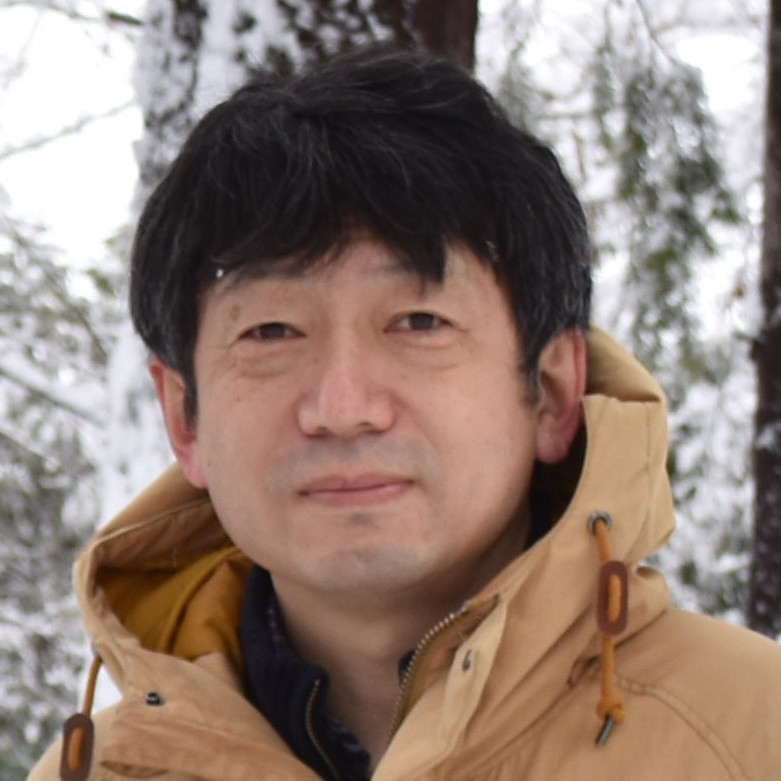
Ryouichi TANAKA, Prof.
Plant Physiology
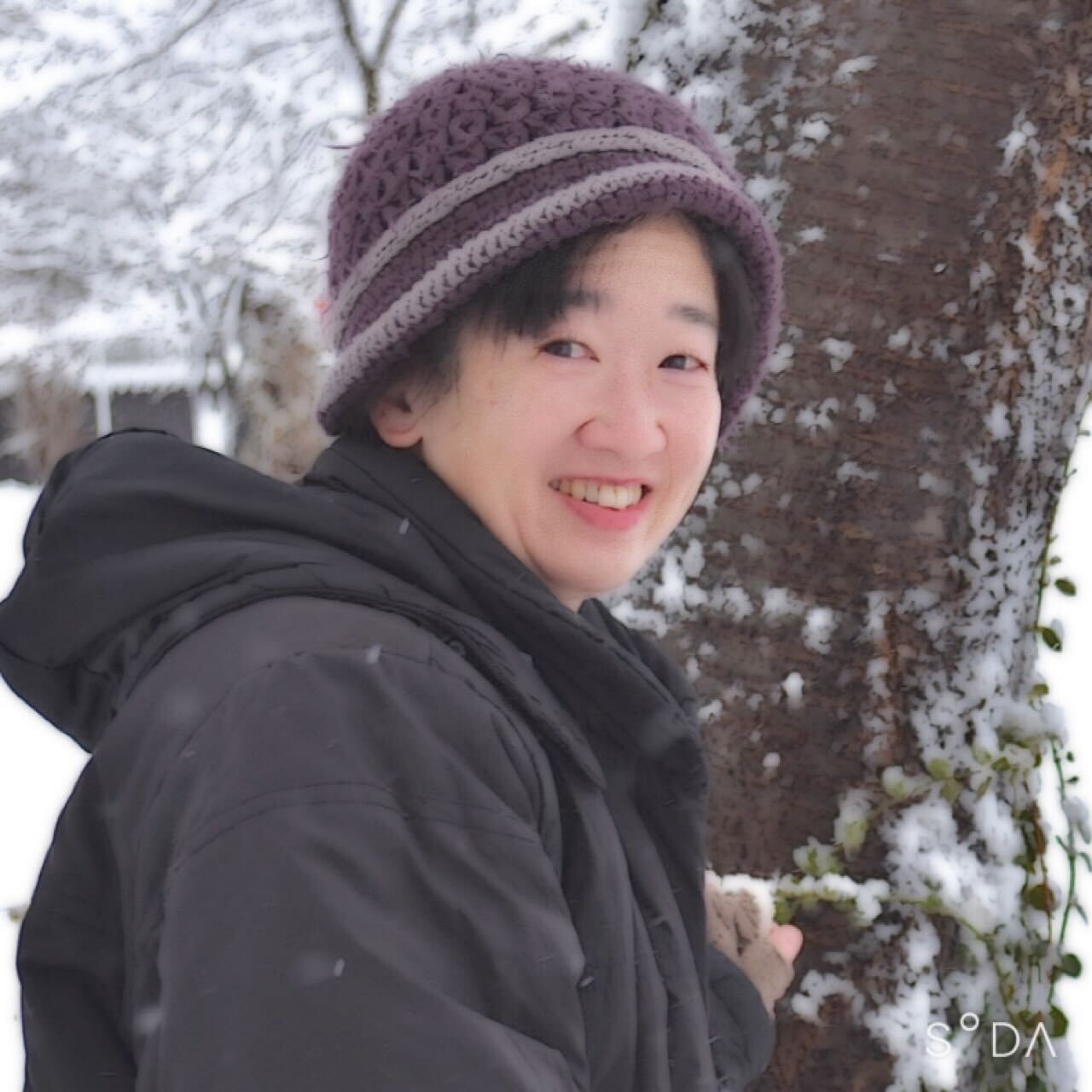
Kiyomi ONO, Assistant Prof.
Plant Ecophysiology

Hisashi ITO, Assistant Prof.
Plant Physiology

Atsushi TAKABAYASHI, Assistant Prof.
Plant Physiology
Microbial Ecology Group

We study the ecophysiology and evolution of microorganisms in natural environments, with a great focus on energy metabolism. Starting from fieldwork in cold environments, we aim to make new discoveries though an integrated approach combining cultivation, bioinformatics and biochemistry.
KeywordsFieldwork, Isolation/Cultivation , Bioinformatics, Biochemistry, Energy metabolism
Graduate schoolCourse in Molecular Biology (Division of Biosphere Science, Graduate School of Environmental Science)

Manabu FUKUI, Specially Appointed Prof.
Microbial Ecology

Tomohiro WATANABE, Associate Prof.
Microbial Ecology

Kazumori MISE, Assistant Prof.
Microbial Ecology / Bioinformatics
Biochemistry Group, Biodiversity Group

We use ecological, biochemical, and molecular biological methods to understand the relationship between terrestrial microorganisms & animals and ecosystems, and the mechanisms by which organisms adapt to environments.
KeywordsInsects, Innate immunity, Soil microbiome, Meta-omics, Shrew, Mammal evolution
Graduate schoolCourse in Molecular Biology, Course in Animal Ecology (Division of Biosphere Science, Graduate School of Environmental Science)

Masanori OCHIAI, Associate Prof.
Biochemistry
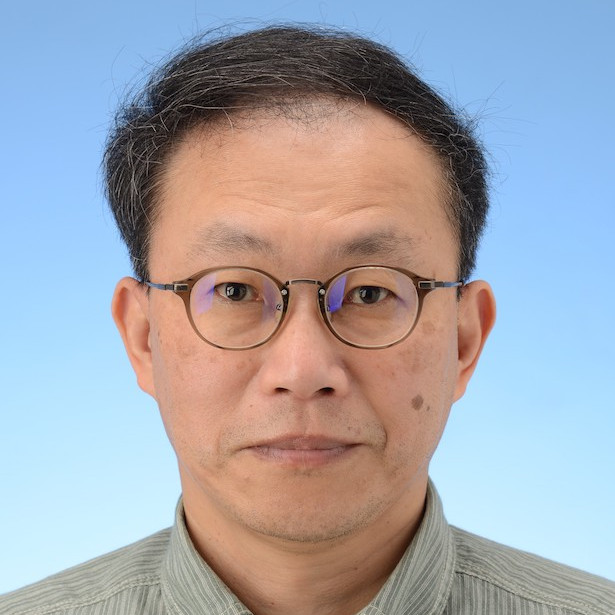
Yasuhiro KASAHARA, Associate Prof.
Microbial Ecology

Satoshi OHDACHI, Assistant Prof.
Animal Ecology, Mammalogy
Hibernation metabolism, physiology, and development Group

We explore the mysteries of mammalian hibernation by dissecting molecular mechanisms of cold tolerance, seasonal body remodeling, and torpor. For this purpose, we use various experimental techniques including molecular biology, cell biology, biochemistry, physiology, bioinformatics, imaging, developmental biology, and neuroscience, in collaboration with researchers among the world.
KeywordsHibernation, Metabolisms, Cell death
Graduate schoolCourse in Molecular Biology (Division of Biosphere Science, Graduate School of Environmental Science)

Yoshifumi YAMAGUCHI, Prof.
Molecular Developmental Physiology

Masamitsu SONE, Assistant Prof.
Molecular Biology

Akari YAMAUCHI, Assistant Prof.
Biochemistry
Pan-Okhotsk Research Center
The Pan-Okhotsk region is the area surrounded by the Eurasian continent, the North Pacific Ocean, the Arctic region, and the subtropics, centering the Sea of Okhotsk. The Pan-Okhotsk Research Center aims to evaluate correctly the roles of this region on the global climate change, as well as its impacts on the Pan-Okhotsk environment.
Pan-Okhotsk Research Center

The Pan-Okhotsk research center was established to elucidate the role of the Pan-Okhotsk region in global environmental change and to assess the impact of climate change. We have been constructing an international research network, and are promoting international observations through, satellite observations, shipboard observations, terrestrial surveys, and numerical modeling. In order to tackle multidisciplinary geo-scientific issues in the Pan-Okhotsk region, the center promote and lead projects and joint research together with national and international researchers.
KeywordsSea of Okhotsk, Land and Ocean linkage, Sea Ice, Ocean-Atmospehre-Cryosphere material cycle, Social implications
Graduate school Course in Biogeochemistry, Course in Atmosphere-Ocean and Climate Dynamics, Course in Cryosphere Science (Division of Earth System Science, Graduate School of Environmental Science), Course in Human and Ecological Systems (Division of Environmental Science Development, Graduate School of Environmental Science)
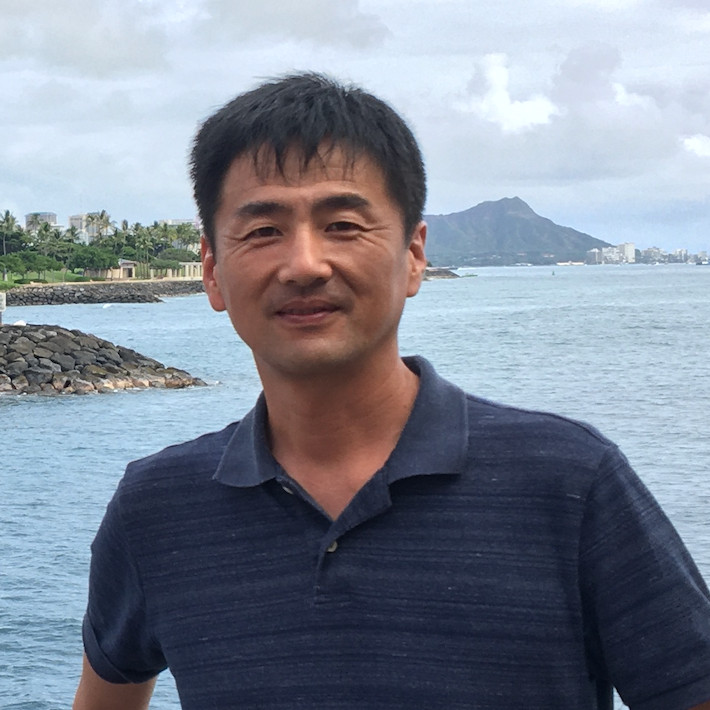
Jun NISHIOKA, Prof.
Chemical Oceanography
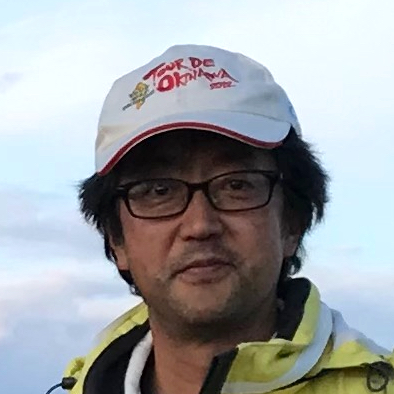
Takayuki SHIRAIWA, Associate Prof.
Glaciology
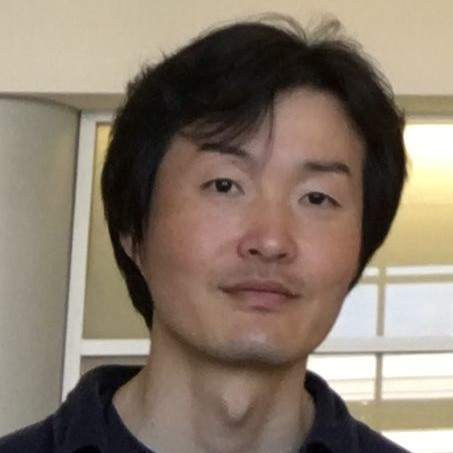
Hiroshi KURODA, Associate Prof.
Oceanography

Tomohiro NAKAMURA, Lecturer
Oceanography
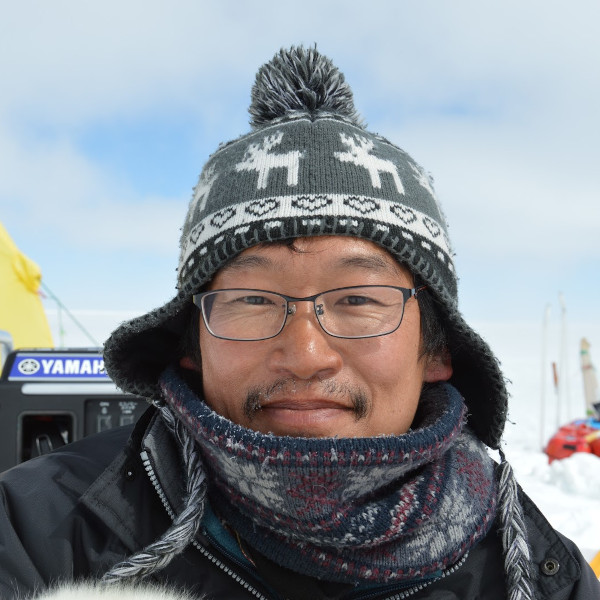
Sumito MATOBA, Assistant Prof.
Glaciology
Naoto EBUCHI, Specially Appointed Prof.
Kay I. OHSHIMA, Specially Appointed Prof.
Osamu SEKI, Associate Prof.
Masayuki KAWASHIMA, Assistant Prof.
Takenobu TOYOTA, Assistant Prof.
Joint Research Division
The Joint Research Division functions as a community center for supporting low temperature science and organizes "Program", "Joint Research and Collaboration", and "Technical Services Section". This center is operated mainly by full-time faculty members and is supported in every way by the three research sections and the Pan-Okhotsk Research Center.
Joint Research Division
| Division Leader | Yoshito CHIKARAISHI, Prof., Organic Geochemistry |
| Antarctic Coupled Ocean-Ice System | Shigeru AOKI, Prof., Physical Oceanography |
| Environmental changes in Greenland | Shin SUGIYAMA, Prof., Glaciology |
| Adaptation of evergreen trees to light environments in boreal regions | Ryouichi TANAKA, Prof., Plant Physiology |
| Mesoscopic interface science of snow and ice | Ken-ichiro MURATA, Assistant Prof., Condensed matter physics |
| Evolution of extraterrestrial materials at low temperatures | Yasuhiro OBA, Associate Prof., Cosmogeochemistry |
| Pan-Okhotsk land-ocean linkage | Tomohiro NAKAMURA, Lecturer, Oceanography |
| International Antarctic Institute | Shigeru AOKI, Prof., Physical Oceanography Shin SUGIYAMA, Prof., Glaciology |
Visiting Faculties
Visiting Faculties
Mia TERASHIMA, Visiting Prof.
Yoichi NAKAI, Visiting Prof.
Yoshihiro NAKAYAMA, Visiting Associate Prof.
Administrative Office, Technical Division
Administrative Office
- General Affairs Section
- Accounting Section
- Library
Technical Division
- Technical Development
- Advanced Technical Support
- Facility Maintenance

